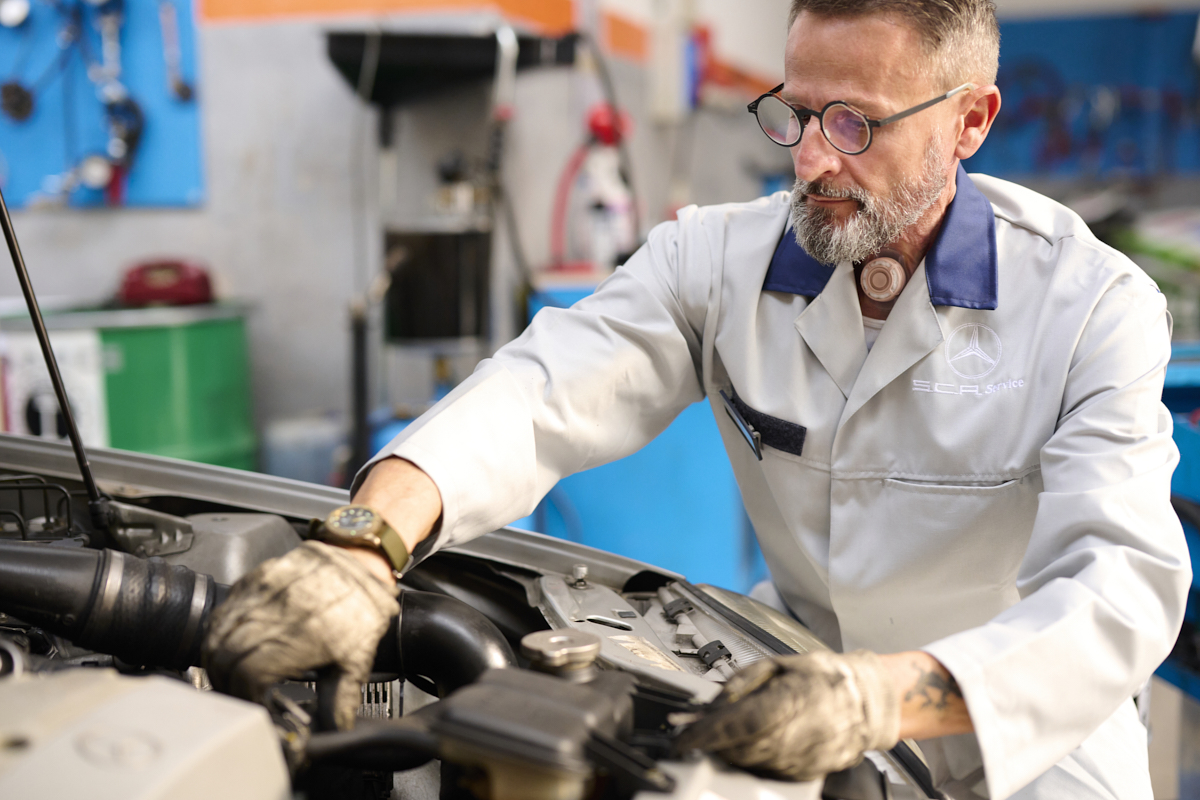Breathing after Laryngectomy
Before surgery, you would breathe through your nose, mouth and throat – or what’s known as the ‘upper airways.’ These upper airways (in particular the nose) condition the air you breathe by warming up, humidifying and filtering it because your lungs need conditioned air to work properly. Since a laryngectomy will disconnect your upper airways; it will affect your lung function.
A different Way of Breathing
Lungs are vital organs. They are responsible for ventilation, providing oxygen to your body from the air you breathe in, and releasing carbon dioxide to the air you breathe out.
learn more

Pulmonary rehabilitation
After a total laryngectomy, you breathe through the stoma in your neck. This means the air that reaches your lungs is cooler and less humid than it should be.
learn moreHeat and Moisture Exchanger (HME)
Heat and Moisture Exchangers (HMEs) help to reduce mucus production and coughing by humidifying and filtering the air you breathe through your stoma. Atos Medical supplies a number of different HMEs that are designed to suit different lifestyles.
learn more

Share